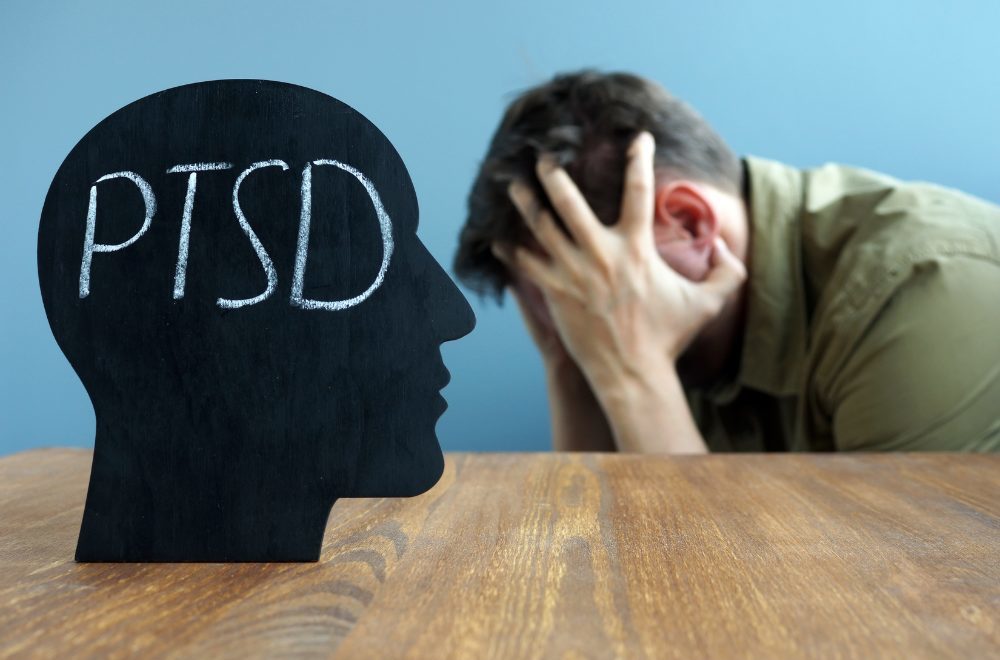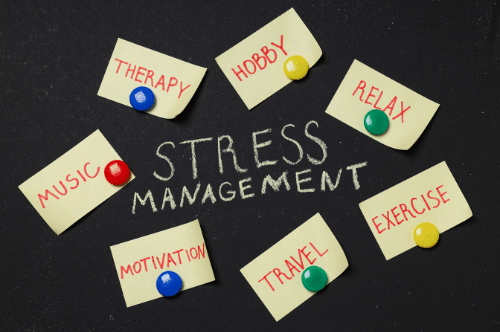mental health Treatment
What is Mental Health?
Mental health refers to a person’s emotional and psychological well-being, which enables them to cope with stress, maintain relationships, and make decisions. Good mental health doesn’t mean the absence of challenges but rather the ability to manage and overcome them effectively. Mental health is influenced by a range of factors, including genetics, life experiences, and social support systems.
When mental health is compromised, it can lead to various mental disorders that require attention and care. These disorders are medical conditions, not personal failings, and they can be treated with professional help.
Common Mental Health Disorders
Mental health disorders are conditions that affect mood, thinking, and behavior. They vary widely in severity and impact, but many are treatable. Some of the most common mental health conditions include:
1. Anxiety Disorders
Anxiety disorders, such as generalized anxiety disorder (GAD), panic disorder, and social anxiety, involve excessive worry or fear that interferes with daily activities. Symptoms can include restlessness, fatigue, difficulty concentrating, and physical sensations like a racing heart or shortness of breath.
2. Depression
Major Depressive Disorder (MDD) is characterized by persistent feelings of sadness, hopelessness, and a loss of interest in activities once enjoyed. It may also involve changes in sleep, appetite, and energy levels, as well as difficulties concentrating.
3. Bipolar Disorder
Bipolar disorder involves extreme mood swings, from manic or hypomanic episodes of heightened energy and activity to depressive episodes of sadness and low energy. These shifts can disrupt relationships, work, and daily functioning.
4. Obsessive-Compulsive Disorder (OCD)
OCD features intrusive thoughts (obsessions) and repetitive behaviors (compulsions) that aim to reduce anxiety but often interfere with daily life. Common examples include excessive cleaning, checking, or organizing.
5. Post-Traumatic Stress Disorder (PTSD)
PTSD can develop after experiencing or witnessing a traumatic event. Symptoms include flashbacks, nightmares, hypervigilance, and emotional numbness.
Signs and Symptoms of Mental Health Challenges
Mental health challenges manifest differently for everyone, but common signs include:
- Persistent sadness or irritability
- Excessive worry or fear
- Difficulty concentrating or making decisions
- Changes in sleep or appetite
- Withdrawal from friends and activities
- Intense mood swings
- Thoughts of self-harm or suicide
If you or someone you know is experiencing these symptoms, it’s important to seek help. Early intervention can make a significant difference in recovery.

My Approach To Mental Health Treatment

Lorem ipsum dolor sit amet, consectetur adipiscing elit. Ut elit tellus, luctus nec ullamcorper mattis, pulvinar dapibus leo.
Mental Health FAQ
What is the #1 most diagnosed mental disorder?
The most commonly diagnosed mental disorder is anxiety disorder. Anxiety disorders affect millions of people worldwide and can be effectively managed with mental health treatment.
Can mental illness be cured?
While many mental illnesses cannot be “cured,” they can often be managed effectively with therapy, medication, and lifestyle changes. Some people may experience significant improvement or complete remission of symptoms.
Can you live a normal life with a mental illness?
Yes, many individuals with mental illnesses lead normal, fulfilling lives with proper treatment and support. Therapy, medication, and coping strategies help manage symptoms and improve quality of life.
What causes bad mental health?
Poor mental health can result from a combination of factors, including genetics, brain chemistry imbalances, trauma, chronic stress, and difficult life experiences. Social isolation, substance abuse, and physical health problems can also contribute. Often, it’s a mix of biological, psychological, and environmental influences.
Mental Health Treatment Options
At The Wellness Institute of Southern Nevada, we provide personalized care tailored to each individual’s unique needs. Our comprehensive approach combines evidence-based therapies, medication management, and lifestyle interventions to promote healing and resilience.
Therapy
Therapy is often the foundation of mental health treatment. Common approaches include:
- Cognitive Behavioral Therapy (CBT): Helps individuals identify and challenge negative thought patterns.
- Dialectical Behavior Therapy (DBT): Focuses on emotional regulation and interpersonal skills.
- Trauma-Focused Therapy: Aims to process and recover from past trauma.
Therapy sessions offer a safe space to explore emotions, develop coping strategies, and build healthier thought and behavior patterns.
Medication Management
Medications can be an essential part of mental health treatment plans, particularly for moderate to severe symptoms.
- Antidepressants: Help manage symptoms of depression and anxiety.
- Mood Stabilizers: Used for bipolar disorder and mood regulation.
- Anti-Anxiety Medications: Provide relief from acute anxiety symptoms.
Our nurse practitioner works closely with clients to find the right medication and dosage, ensuring safety and effectiveness.
Lifestyle Modifications
Small but meaningful changes can significantly impact mental health. These may include:
- Regular physical activity to boost mood and energy levels.
- A balanced diet rich in nutrients that support brain health.
- Consistent sleep patterns to improve emotional regulation.
Support Networks
Social support from friends, family, or support groups plays a crucial role in recovery. Sharing experiences and building connections fosters understanding and reduces feelings of isolation.
Take the First Step Toward Better Mental Health
Mental health is just as important as physical health, and seeking help is a sign of strength. With the right support, recovery is possible. If you or a loved one is struggling with mental health challenges, contact The Wellness Institute of Southern Nevada today.
Related Blogs
What are the stages of mental health recovery?
Unlocking the Powerful benefits of Mind-Body Medicine
Understanding PTSD
Understanding Holistic Nutrition
Understanding CPTSD
Treating Parental Emotional Neglect
Tips and Tricks For Effective Stress Management
The Powerful Connection Between Mental Health and Nutrition
Strategies For Coping With Loss
- 1
- 2







